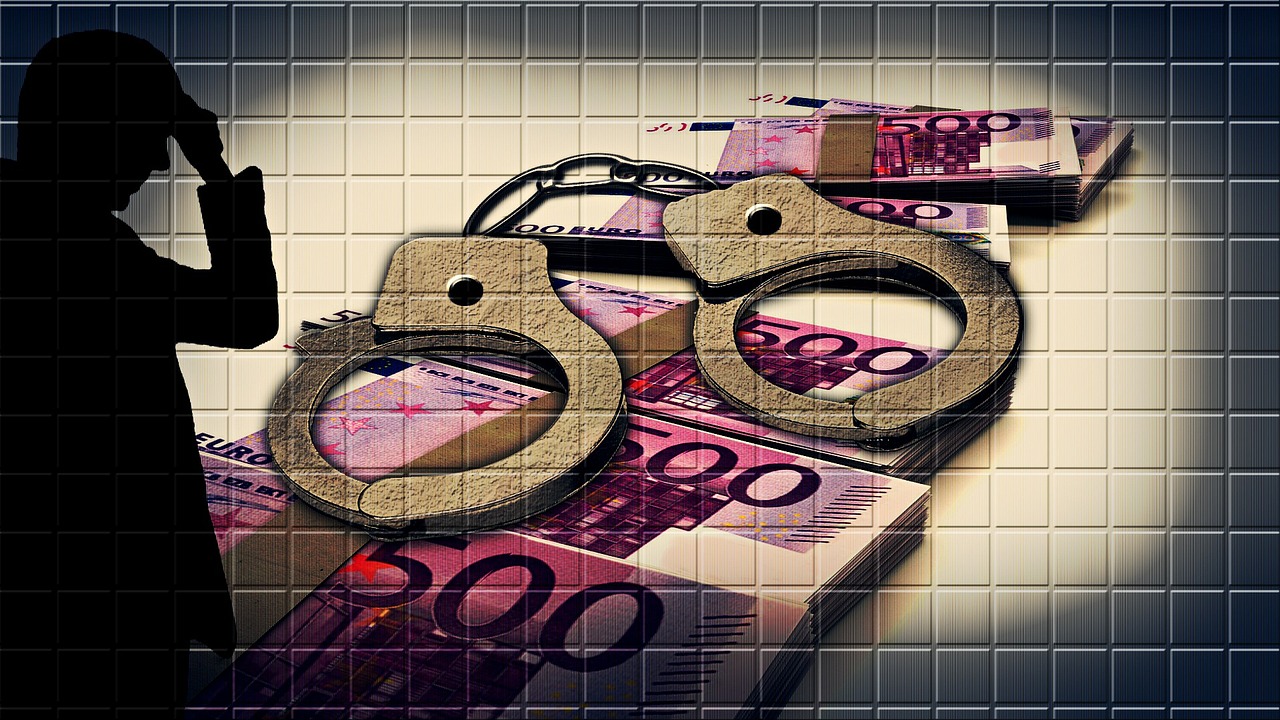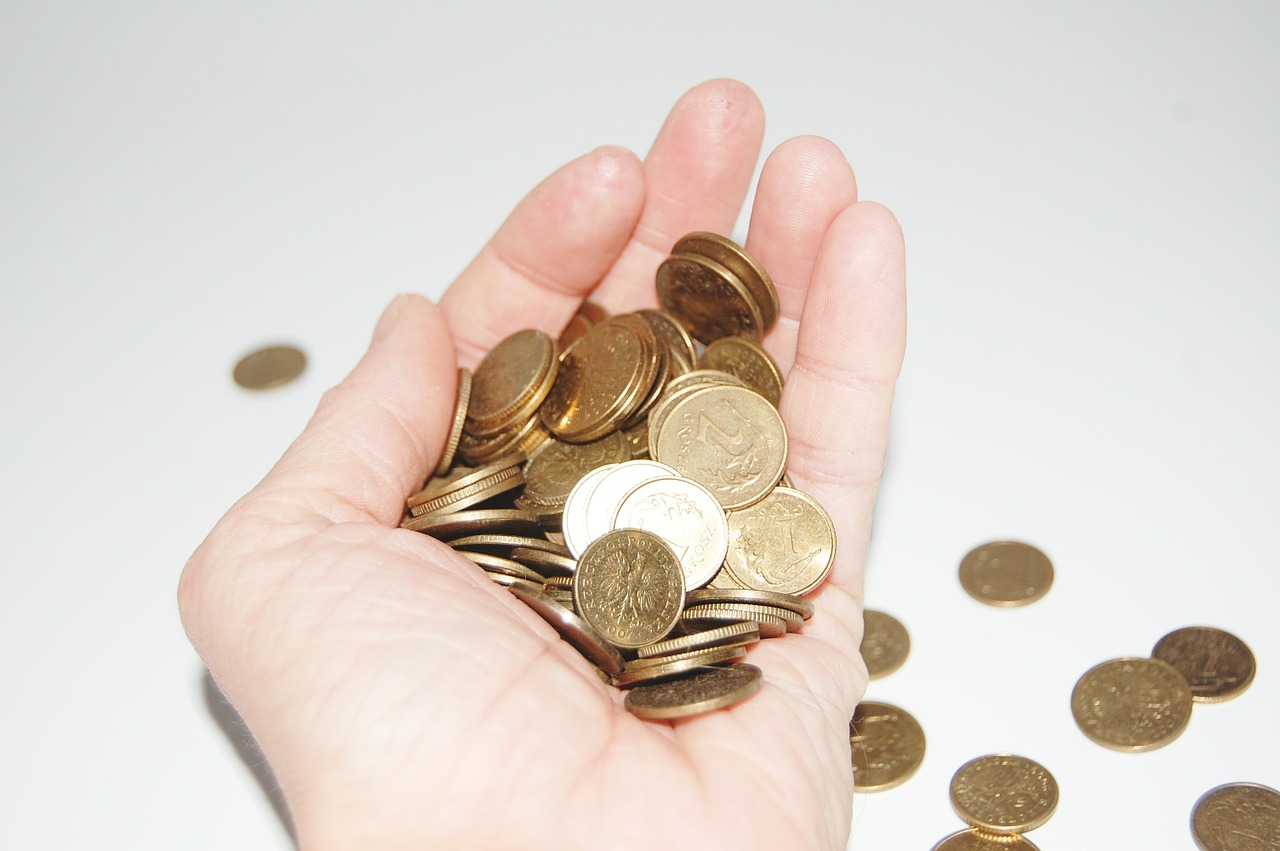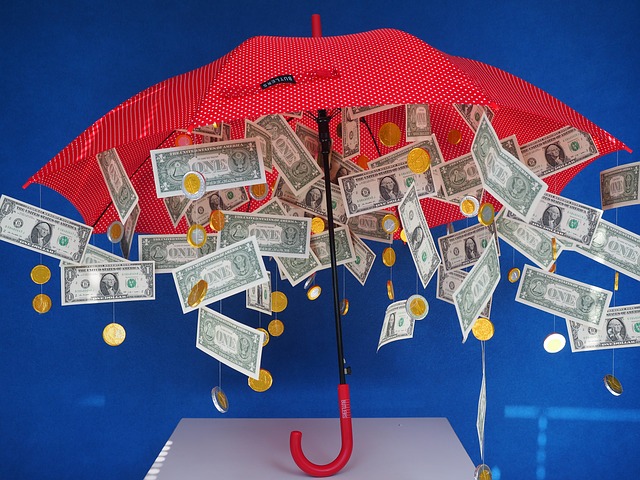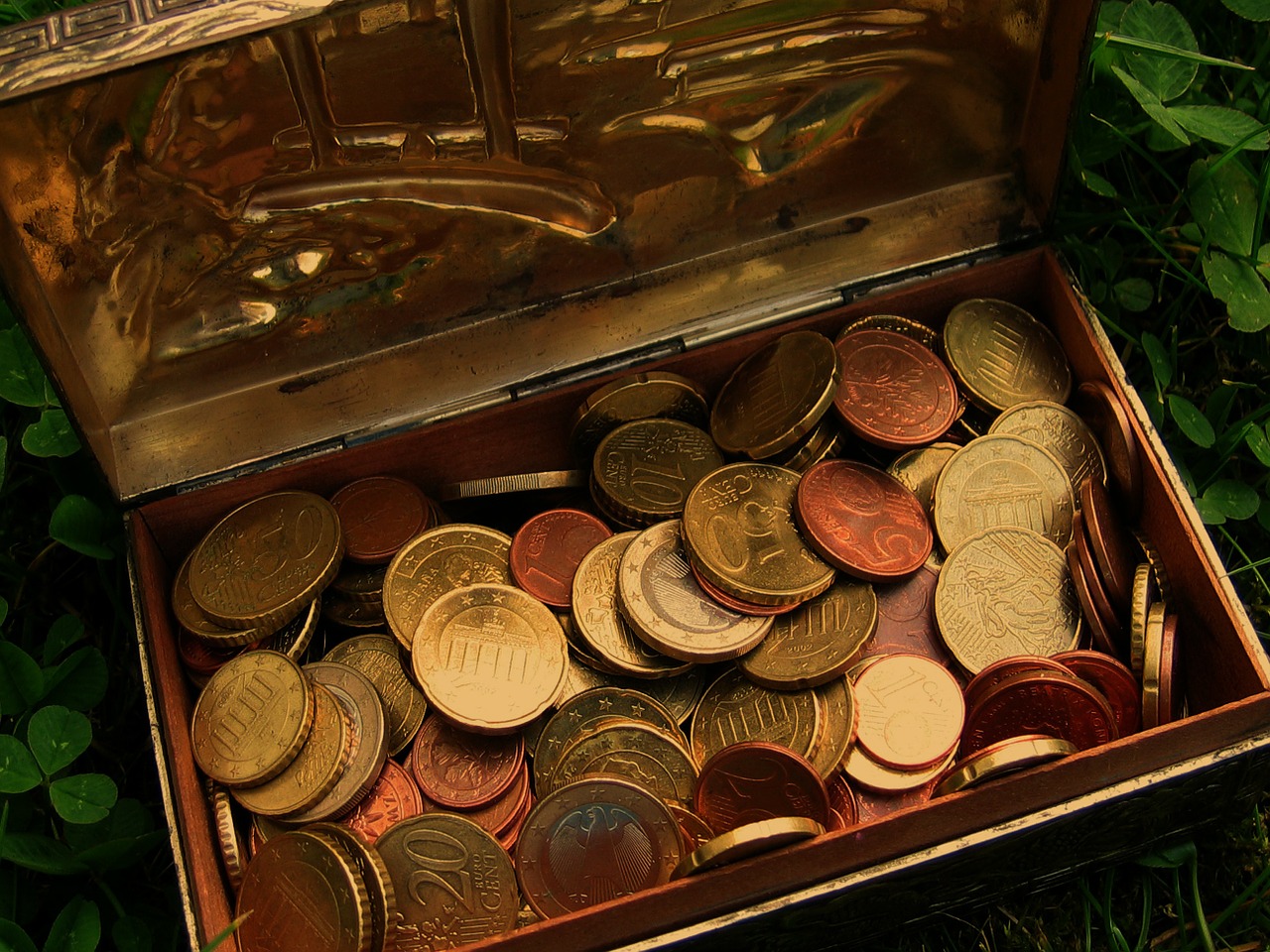Many times we complain about not having enough money to cover our monthly expenses; it seems that we never have enough money, because the greater the amount entered in our bank account, the faster we spend it.
Although the issue of money is a sensitive subject for most of us, it is very likely that we are unaware of what we spend, or do not know for sure what we do with our money (we just realized that we no longer have it ), and those little recurring and regular expenses are the main routes where it escapes from us. Unnecessary purchases, unnecessary expenses, certain habits and certain social compromises, undo our pockets allowing our money to “Drain”, significantly reducing our ability for saving and investing.
If you take out your pen and play around with the numbers, try to calculate what you spend on coffee, bottled water and cigarettes; sum the monthly payments you make when you invite your classmates or workmates; try to calculate all the money you spend making small purchases of what you like or what attracts you, even when you don’t really need them.
It is not about depriving yourself of the things that please you, but to become aware of what you do with your money and the need to preserve some leeway that allows you to handle unforeseen situations.
If you want to prevent your money from leaking, try to get enough discipline to stop eating at fast food restaurants, reduce your consumption of coffee and cigarettes; have fun with outdoor recreational activities such as parks and rides that do not require large outlays of money activities. If you go to the movies, think about what you spend on popcorn and soda (these costs are quite significant). Try to go to work on foot or by public transport, and attempt to reduce the use of your own vehicle to avoid payments for fuel, parking and even an occasional fine which you would be exposed to.
And if you go to groceries stores, do it after eating; that way you can resist the lure of buying what you do not need, or purchasing too much (remember that the more you earn, the more you consume). Of course, avoid buying items for their beautiful packaging, as well as articles and magazines that are on the waiting lines of the cashiers (if they are there, it’s because they are not really needed).
In short, start identifying the small holes from where your money is escaping. You may be surprised when you see that without realizing it you’re losing up to 30% of your salary, and that that amount can be used far more intelligently to reduce some of your debts at your own pace, and make investments that increase the value of your money.
If you are one of those who wait until they have some leftover money to start saving, you are missing a golden opportunity to achieve financial freedom.
Do not be of those people who still think that savings don’t get along with the debts. It is true that most people believe that what we call “saving” is the money that is “left over”; and it is a mistake to think that way because money is never left over. Consider that saving is simply the part of your income that is not destined for consumption; if you see it this way you will understand that Mr. Savings and Ms. Debt can live together happily ever after; you just need to be aware of what is truly important to you, to have ideals, will, and a certain discipline in terms of how you manage your money.
If you still haven’t started saving, this is the time to do it. There are many reasons, but here are some:
Saving makes it easy to plan your future and achieve goals in life; you will reduce economic dependence on family and friends; you will have greater capacity to respond to emergencies or other unforeseen contingencies; You will not need to contract certain debts that may be difficult to pay; you will be able to plan your trips, holidays or any other recreational activity that you like; you will have some economic slack to help improve the quality of life of your family; you will feel less stressed or overwhelmed against the economic problems of everyday life; You’ll make better decisions regarding your future, your studies or work; you will go building a financial profile that will be helpful when you want to borrow money to purchase your home or buy a vehicle; you also will go consolidating a way of thinking that will allow you organize your income, prioritize your expenses and live without major upheavals after retirement.
You see, saving has advantages that although almost everyone recognizes, many decide not to use. If you are one of those people who find it difficult to start saving, I recommend that at the very moment in which you receive your monthly or biweekly income, set aside a small portion for savings and power it up by trying to spend less on candy, soda, coffee, outings with friends or eating outside the home. Believe me, it is not difficult; you should just keep your commitment to grow the amount of money saved and in the end you will see that it becomes a healthy lifestyle.
REMEMBER: never think you’ll save the money left over and do not expect to have a better chance to start saving. Saving is one of the great tools we have at hand to build the future we want.
The more widespread and positive your Net Cash Flow is, the greater the leeway to deal with unexpected expenses will be.
One of the most basic terms of personal finance is the one known as the Net Cash Flow, so much so that your personal or family financial situation can be easily diagnosed by a quick glance at it.
The Net Cash Flow describes the revenues and expenditures of cash during a determined period of time (for example, a month or a year). If you spend less than you earn, your cash flow will be positive and will increase your net worth; on the other hand, if your expenses are greater than your income, your cash flow will be negative and you will be wasting your net worth, which is not sustainable over time and requires that you take a prompt decision.
The more positive and larger your cash flow is, the greater the leeway you will have to deal with unforeseen contingencies, as well as it contributing to obtaining the financial independence you want. Your peace of mind, freedom and quality of life will improve substantially.
To increase your cash flow, you don’t necessarily have to earn more money; you can increase it by reducing the amount of your recurring expenses (for example, the monthly utility bills), or decreasing unnecessary expenses (for example, buying the latest mobile phone or buying a bigger TV). Another way (maybe the fastest) is to reduce your debts (like Credit Cards or the loan for the purchase of your car).
In any case, always remember that what you are looking for with your financial decisions is to improve your quality of life and to progressively get closer to your goals. Maintaining your Net Cash Flow under control will help you achieve it.
Convert savings into a habit is useful, easy and fun
It is likely that throughout our lives we go through periods of major economic problems. Growing debts and unpaid bills that accumulate are the first signs that announce that we are on the threshold of a financial problem.
With the emergence of these problems many people try to find the possible culprits of their bad situation; but all they do is lose energy and time while weaken personal relationships including family.
Faced with a poor economic situation, first thing to do is prove enough emotional strength to stay calm and look optimistically for the future. Think that what we are talking about is just problems associated with money, and money problems can be solved.






MONEY RACE STUDIOS 2020 - ALL RIGHTS RESERVED - LEGAL NOTICE - PRIVACY POLICY